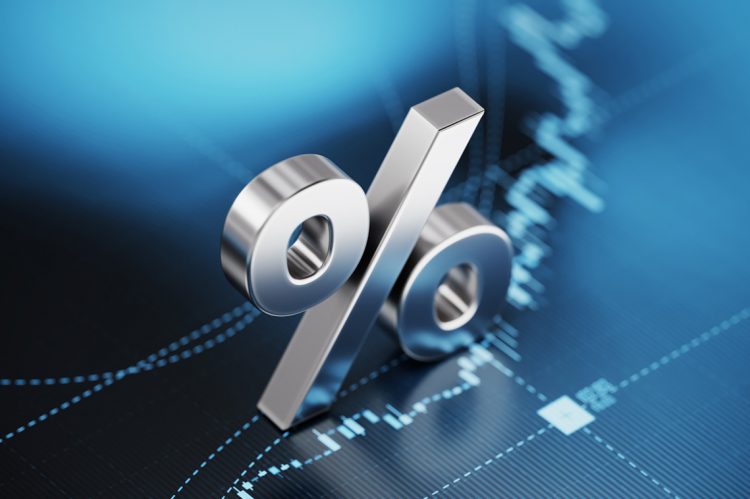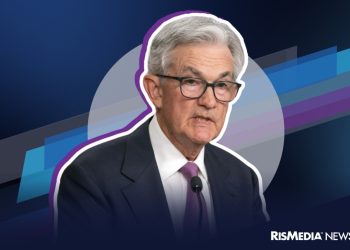The Leading Economic Index (LEI) fell by 0.3% in January to 110.3, following a decline of 0.8% in December, according to the latest release from The Conference Board.
January’s LEI was down 3.6% over the six-month period between July 2022 and January 2023—a steeper rate of decline than its 2.4% contraction over the previous six-month period (January–July 2022).
“The U.S. LEI remained on a downward trajectory, but its rate of decline moderated slightly in January,” said Ataman Ozyildirim, senior director of economics at The Conference Board. “Among the leading indicators, deteriorating manufacturing new orders, consumers’ expectations of business conditions and credit conditions more than offset strengths in labor markets and stock prices to drive the index lower in the month. The contribution of the yield spread component of the LEI also turned negative in the last two months, which is often a signal of recession to come.”
The Coincident Economic Index increased by 0.2% in January to 109.5, following no change in December. The index is now up 0.7% over the current six-month period—close to the 0.6% growth it recorded over the previous six months.
Of the Coincident Economic Index’s indicators—payroll employment, personal income less transfer payments, manufacturing trade and sales, and industrial production—three improved in January, with only industrial production being virtually unchanged.
The Lagging Economic Index increased by 0.2% in January to 118.5, following an increase of 0.6% in December. The index is up 2.8% over the current six-month period, slower than its growth of 4.1% over the previous six months.
“While the LEI continues to signal recession in the near term, indicators related to the labor market—including employment and personal income—remain robust so far,” said Ozyildirim. “Nonetheless, The Conference Board still expects high inflation, rising interest rates and contracting consumer spending to tip the U.S. economy into recession in 2023.”
For the full report, click here.











